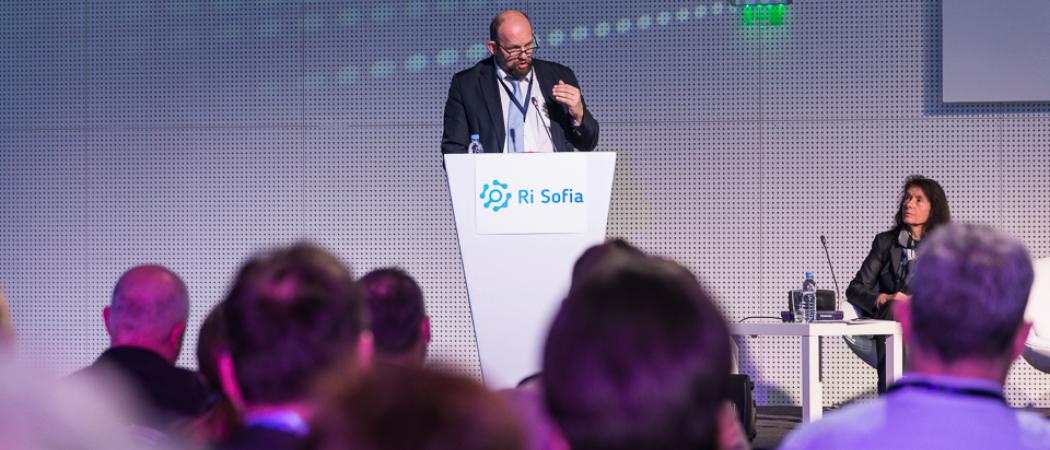The new rules would enable researchers to access structural funds for projects when Framework programme R&D funding is not available

Jean-David Malo, director for open science at the European Commission
Research proposals that receive the seal of excellence from EU peer reviewers but fail to get a grant from the EU Framework R&D programme will in future be eligible for money from structural funds.
The seal of excellence will, “Automatically be considered state aid compatible, even if you are funded from another public source,” Jean-David Malo, director for open science at the European Commission, told delegates at the ‘Research Infrastructures beyond 2020’ conference in Sofia last month.
The change follows an agreement between the directorate for research and innovation and the competition and regional policy directorates, with EU commissioners for research, Carlos Moedas and competition commissioner Margrethe Vestager backing the plan.
The details were discussed “quite intensively” by European Commission staff at research and competition directorates “in order to make a change for the next Framework programme,” said Malo.
The Commission introduced the seal of excellence certificate in Horizon 2020 for project proposals that were rated highly, but for which no money was available. The idea is that with that quality stamp, the projects should be able to raise money easily from better-funded structural funds initiatives.
In fact, very few researchers were able to do that, partly because not all member states offered access to other funding streams, but also because their projects were not compatible with state aid rules applied to structural funds. “The complexification was perfectly illustrated,” said Malo. “We have tried to smooth a little bit the situation, but we are aware that it is not satisfactory.”
At the moment, the EU does not apply the same state aid rules to projects funded from the research and innovation programme, and those funded from regional funds.
If a managing authority decides to finance a project that has received the seal of excellence under Horizon 2020, it will be able to do so under the rules of the next Framework programme, not under the rules governing structural funds. “Same rules, same eligible costs, same state aid rules,” said Malo.
Because the seal of excellence is mainly targeted at single beneficiary projects, this would also be useful for funding the construction of new equipment and ongoing costs in research infrastructures.
Also, for each research programme co-funded by the EU and member states, the Commission will allow member states to be automatically state aid compatible if they accept that the evaluation is done at the EU level through a peer review process and cannot be modified by national authorities.





 A unique international forum for public research organisations and companies to connect their external engagement with strategic interests around their R&D system.
A unique international forum for public research organisations and companies to connect their external engagement with strategic interests around their R&D system.